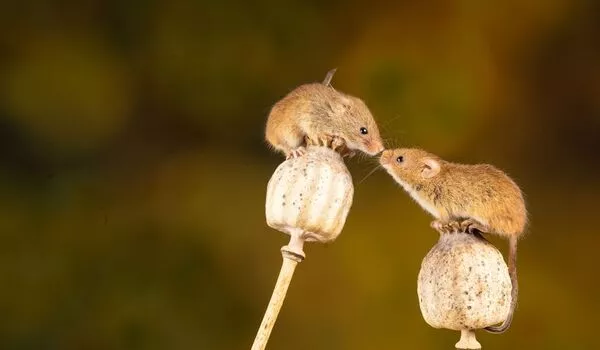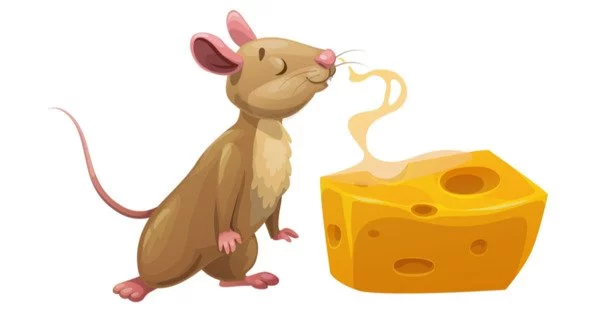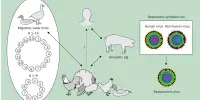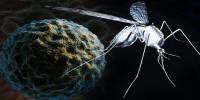Although the exact mechanisms and implications are still being researched, there is some evidence that smells can influence metabolism and aging in mice. Female odors and pheromones cause mice to lose weight and live longer lives, which may have implications for humans, according to the University of Otago researchers.
While it was previously known that sensory cues in humans and animals influence the release of sex hormones, Dr. Michael Garratt of the Department of Anatomy believes that this study shows that these cues may have broader physiological effects on metabolism and aging.
“Our studies show that female odours slow the sexual development of female mice, but consequently extends their lifespan. And we also show that the smell of females can increase male mouse energy expenditure, which subsequently influences their body weight and body fat levels,” he says.
Our studies show that female odours slow the sexual development of female mice, but consequently extends their lifespan. And we also show that the smell of females can increase male mouse energy expenditure, which subsequently influences their body weight and body fat levels.
Dr. Michael Garratt
Adult female odors were exposed to newborn mice until they were 60 days old. Females exposed to the odors reached sexual maturity later and lived an average of 8% longer than those who were not. Male odors had no effect on female mouse lifespan, nor did they affect male lifespan in response to either sex’s odors.
“As far as we know, this is the first observation that olfactory signals, or indeed secreted factors found in soiled bedding and urine, can increase lifespan in mammals,” Dr Garratt says.
“More broadly, the research suggests that sensory cues from our social environment can alter our physiology and development, potentially influencing how we age.”

While male mice did not directly benefit in terms of longevity from female odours during development, when they are exposed to female odours as adults, their weight and metabolism was substantially affected, he says.
“We discovered that exposing male mice to female odors causes them to expend more energy for several hours afterward.” These effects are sufficient to induce weight loss and protect against males becoming very fat when fed an energy-rich diet.”
Regardless of the reason for the improved metabolic health and longevity with female pheromones, the findings suggest that olfactory cues from other people may cause more widespread changes throughout the body.
“We now want to know how information received by the olfactory system can cause widespread effects.” It’s also possible that exposing male mice to female odors when they’re adults will affect their lifespans, which is a question Dr. Garratt is currently investigating.
















